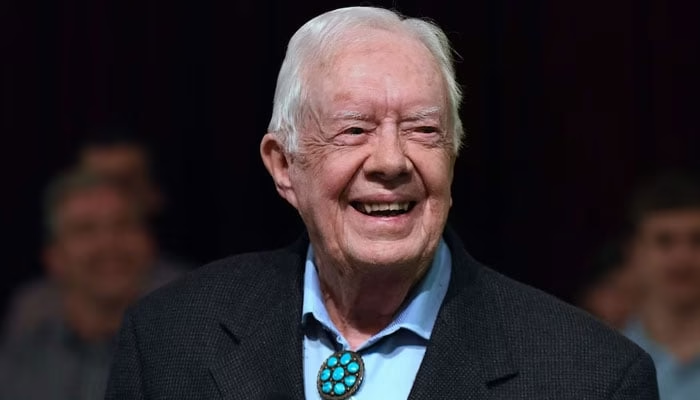US President-elect Donald Trump met with NATO Secretary General Mark Rutte on Friday in Palm Beach, Florida, marking their first face-to-face discussion since Trump’s election. The talks, confirmed by a NATO spokeswoman, focused on the global security challenges currently facing the alliance.
According to NATO spokesperson Farah Dakhlallah, the meeting on Friday was an opportunity for the two leaders to engage on critical security issues affecting both NATO and the broader international community.
During his first term in office, Trump consistently urged European nations to increase their defense spending and raised concerns about the balance of responsibilities within NATO. His stance on NATO has often been controversial, with Trump questioning the alliance’s fairness and commitment to collective defense.
Mark Rutte, who previously served as the Prime Minister of the Netherlands, had expressed interest in meeting Trump soon after his election victory on November 5. One of the key topics Rutte wanted to address was the growing threat posed by North Korea and Russia’s increasingly close relations.
With Trump’s return to the presidency raising concerns across Europe, there are fears that the US may reduce its military support for Ukraine, which is engaged in a conflict with Russia. NATO allies emphasize that maintaining Ukraine’s resilience against Moscow is essential for both European and American security.
Rutte recently highlighted the expanding collaboration between North Korea, Iran, China, and Russia, warning of the implications for global stability. He noted that Russia’s support for North Korea, including the transfer of technology, posed a direct threat not only to Europe but also to the United States.
“I look forward to sitting down with Donald Trump to discuss how we can collectively address these growing threats,” Rutte stated, emphasizing the need for coordinated action to counter these challenges.
As NATO faces complex geopolitical tensions, the meeting between Trump and Rutte underscores the importance of continued dialogue and cooperation within the alliance, particularly in the face of shifting global security dynamics.



